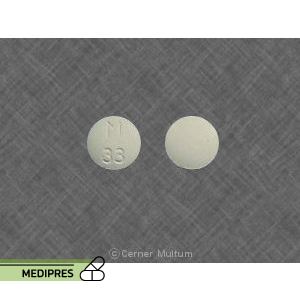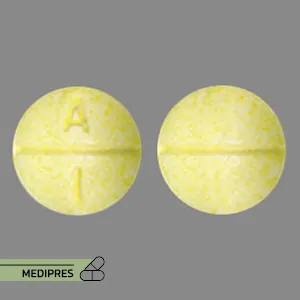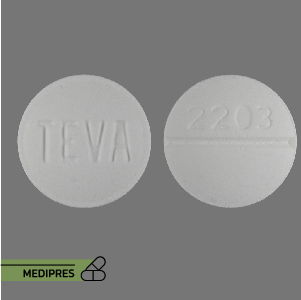
Lysteda
23 June, 2023
Meloxicam Capsules
23 June, 2023Mebaral
Category: M
Description
Generic name:
Mephobarbital
Drug class:
Long-acting barbiturate anticonvulsant
Dosage form:
Tablets: 16 mg and 32 mg
Root of administration:
Oral
Dose:
Adults: 100–300 mg two to three times daily (total 200–900 mg/day); Pediatrics: 5–10 mg/kg/day in two to three divided doses; titrate based on clinical response and serum levels
Mechanism of action:
Enhances GABAA receptor-mediated chloride influx, depressing neuronal excitability and producing anticonvulsant effects
Drug usage cases:
- Generalized tonic-clonic seizures
- Partial (focal) seizures
- Absence seizures
- Off-label: anxiety disorders, sedation, sleep disturbances
Drug contra indications:
- Hypersensitivity to barbiturates
- Severe respiratory depression
- Porphyria
- Severe hepatic impairment
- History of sedative or hypnotic addiction
Side effects:
- Drowsiness, sedation, lethargy
- Dizziness, ataxia, impaired coordination
- Respiratory depression
- Hypotension
- Confusion, cognitive impairment
- Nystagmus
- Paradoxical excitation (especially in children and elderly)
- Physical dependence, tolerance, withdrawal symptoms
- Aplastic anemia (rare)
- Thrombocytopenia, agranulocytosis (rare blood dyscrasias)
- Skin reactions: rash, Stevens-Johnson syndrome (rare)
- Hepatic dysfunction, elevated liver enzymes
Warnings:
- May cause profound CNS depression; avoid concurrent use with other CNS depressants
- Risk of physical dependence and abuse
- Overdose may result in severe respiratory depression and hypotension
- Caution in elderly, debilitated, or debilitated patients
- Monitor liver and renal function during long-term therapy
- Abrupt discontinuation can precipitate status epilepticus
- Monitor for suicidal ideation or mood changes
- Caution in patients with respiratory disorders (e.g., asthma, COPD)
Use during pregnancy or breastfeeding:
Pregnancy (Category D): Crosses placenta; associated with congenital malformations, neonatal respiratory depression, hemorrhage, and withdrawal symptoms. Use only if benefits outweigh risks. Breastfeeding: Excreted in breast milk; may cause sedation and respiratory depression in the infant. Monitor infant carefully or consider alternative therapy.



